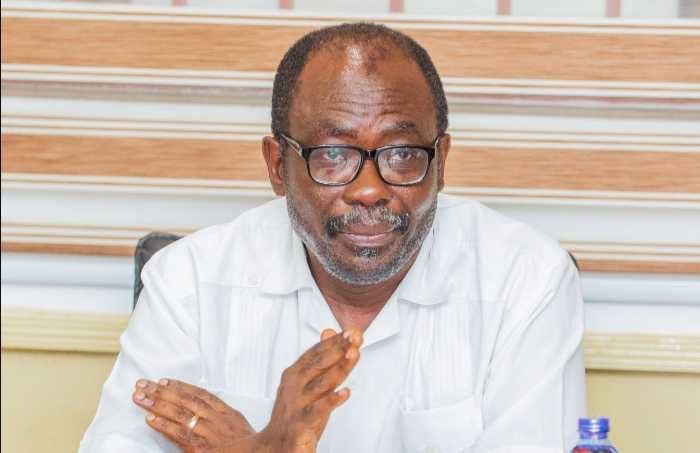The Ghana Education Service (GES) is taking a firm stance against examination malpractice in the upcoming 2025 West African Senior School Certificate Examination (WASSCE), scheduled for August 5 to September 12. Driven by a commitment to preserving the integrity of the examination process, the GES Council has authorized the dismissal of any staff member, including teaching and non-teaching personnel, invigilators, and supervisors, found to be involved in examination irregularities. Students engaging in malpractice will also face severe consequences. This decisive action aims to bolster the credibility and fairness of the WASSCE and deter future instances of academic dishonesty. The GES emphasizes that any form of collusion, leakage of exam materials, assistance provided to candidates, or compromise of examination procedures will lead to dismissal from the service.
The GES’s unwavering commitment to upholding academic integrity stems from the recognition that examination malpractice undermines the very foundation of the education system. Cheating not only devalues the achievements of honest students but also compromises the reliability of examination results, making it difficult to accurately assess student learning and preparedness for future academic pursuits. Furthermore, widespread malpractice erodes public trust in the education system and casts doubt on the quality of education being provided. By taking decisive action against those involved in malpractice, the GES aims to restore confidence in the examination process and ensure a level playing field for all candidates.
The scope of the GES’s crackdown extends beyond mere warnings or reprimands. The approved sanctions, particularly the dismissal of staff members, underscore the seriousness with which the organization views examination malpractice. This strong deterrent sends a clear message that the GES will not tolerate any actions that compromise the integrity of the WASSCE. The inclusion of non-teaching staff in the directive highlights the importance of collective responsibility in maintaining a secure and fair examination environment. Invigilators and supervisors, who play a crucial role in overseeing the examination process, are also held to the highest standards of conduct and accountability.
The GES recognizes that students, too, bear a responsibility for upholding academic integrity. Therefore, students caught engaging in malpractice will face appropriate sanctions, though the specific nature of these sanctions has not been detailed in the initial statement. These measures could range from cancellation of exam results to suspension or expulsion from school, depending on the severity of the offense. The GES aims to instill a culture of honesty and ethical behavior among students, encouraging them to value their education and earn their qualifications through hard work and diligence, rather than resorting to shortcuts that undermine their own learning and development.
To ensure the effective implementation of these stringent measures, the GES has directed Regional and District Directors to communicate and enforce the directive across all examination centers. This decentralized approach aims to ensure consistent application of the rules and regulations governing the WASSCE across the entire country. By emphasizing communication and enforcement, the GES hopes to create a strong deterrent effect, discouraging potential wrongdoers and promoting a culture of integrity within the education system. The service’s proactive approach, coupled with the severity of the potential sanctions, underscores its commitment to curbing examination malpractice and restoring public trust in the WASSCE.
The GES believes that a fair and transparent examination process is essential for ensuring the quality and credibility of education in Ghana. The stringent measures announced for the 2025 WASSCE represent a significant step towards achieving this goal. By holding both staff and students accountable for their actions, the GES aims to create a level playing field for all candidates and uphold the integrity of the examination system. Ultimately, these efforts will contribute to building a stronger and more credible education system that effectively prepares students for future success.


